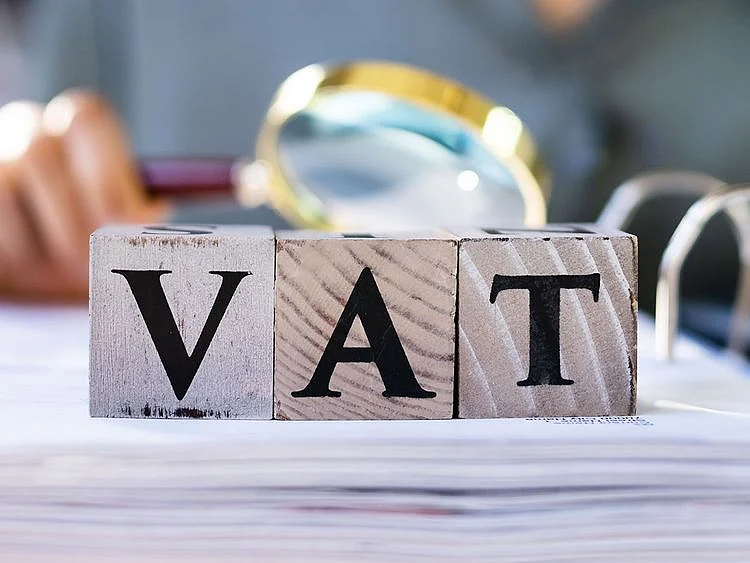UAE’s VAT: Can discounted prices too come under tax net?
Retailers need to have clear understanding on where VAT kicks in on such offers

Like any customer, I am delighted whenever I receive a discount from electronic retailers, restaurants, movie theatres etc. But the tax consultant in me gets anxious when VAT is charged on the net discounted price.
I wonder if the penalty risks of such a tax position could be discussed with the sellers.
Is VAT applicable only on the amount paid by end customers?
Many businesses assume that VAT is applicable only on the amount received from the end-customer. The UAE VAT laws do not mandate any such assumption.
The taxable amount includes all that is received or expected to be received for the supply. The taxable amount can flow both from buyer and third-party.
It is true that the taxable amount cannot exceed the amount actually received by a seller, but can certainly exceed the amount received from the buyer/customer. The differential amount relates to third-party considerations or subsidies directly linked to the price of the goods.
This fundamental tax position is similar to that of Europe and other countries.
Is VAT applicable on discounts offered to customers?
Discounts can be reduced from the taxable amount if the seller has funded such discount. If a seller receives a reduced payment from the customer because the differential would be reimbursed by a third party, the seller could not have funded the discount.
The differential amount so received is still the ‘taxable amount’ and VAT should apply on the pre-discounted price.
Numerous instances of third-party payments are available in UAE. Electronic goods retailers receive ‘sell-out’ promotions from the brand owners/master distributor based on the actual quantity sold at a discounted price.
Food delivery apps reimburse additional discounts offered by restaurants. Banks partners with merchants to offer BOGO (buy one get one) or discount offers such as movie tickets, restaurants and venue tickets.
In such instances, the seller receives the taxable amount partly from the customer and partly from the respective third-party. The seller does not fund the discount so offered as it receives an additional amount – directly linked to the supply of goods/services - from a third-party.
The VAT should apply on the pre-discounted prices.
Can the seller charge VAT to third-parties?
While claiming the reimbursements, some sellers charge VAT to the third-party (banks/food party apps/master distributor, etc.). It is assumed that the seller is thus paying VAT on total amount – received from customer and third-party - to Federal Tax Authority (FTA).
Or, that the seller is providing marketing/promotion services to the third-parties.
However, there cannot be two recipients or two tax invoices for a single taxable supply. Is the seller supplying two distinct supplies? The critical test is to determine if the seller would be eligible for the third-party payment if it does not supply goods/services at the discounted price.
The end customer is generally ineligible to recover input credit. The recovery of input credit by third-parties could result in tax leakage and revenue loss to FTA. Further, the tax invoice should reflect the correct taxable amount and corresponding VAT.
Are sellers at risk of audit and penalty?
Yes. A third-party payment may currently skip FTA’s attention where it is accounted as a reduction of marketing and promotion ‘costs’ instead of miscellaneous/additional ‘income’.
The third-parties may inadvertently recover input VAT credit merely because they are receiving tax invoices from the sellers.
The FTA has 5 years to initiate a tax audit to identify such gaps. In addition to fixed penalties for non-compliance and non-payments, variable penalties also apples for the underpayment of VAT.
My advise to all such sellers and respective third-parties would be to evaluate their current tax positions and ensure correct tax compliance or seek clarification from FTA.
Network Links
GN StoreDownload our app
© Al Nisr Publishing LLC 2026. All rights reserved.